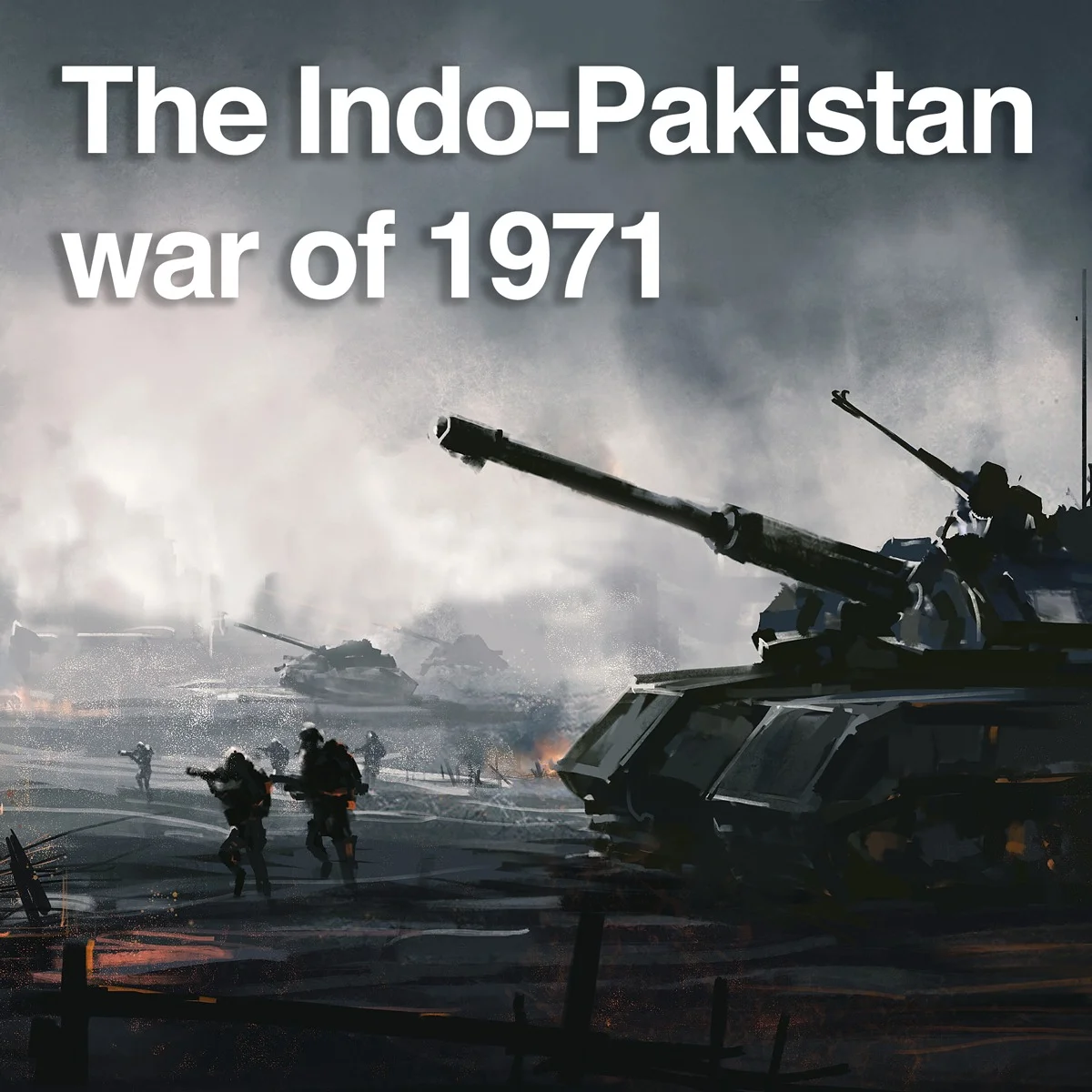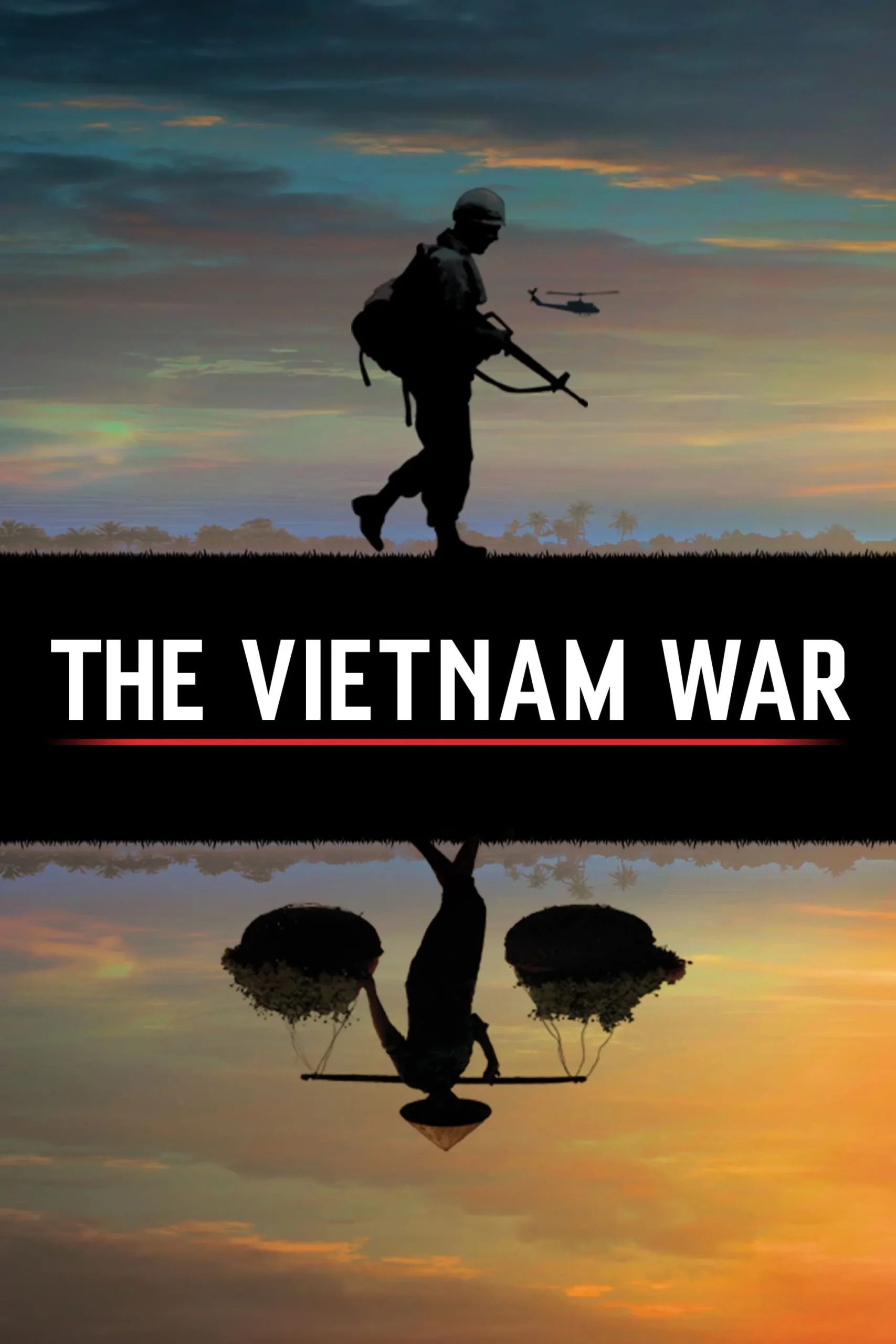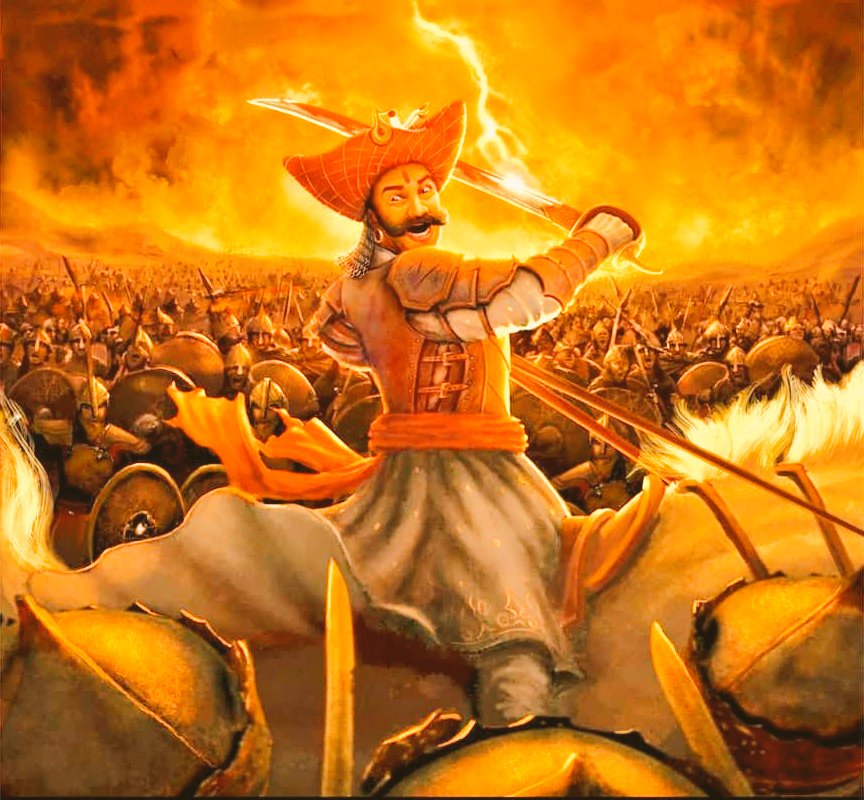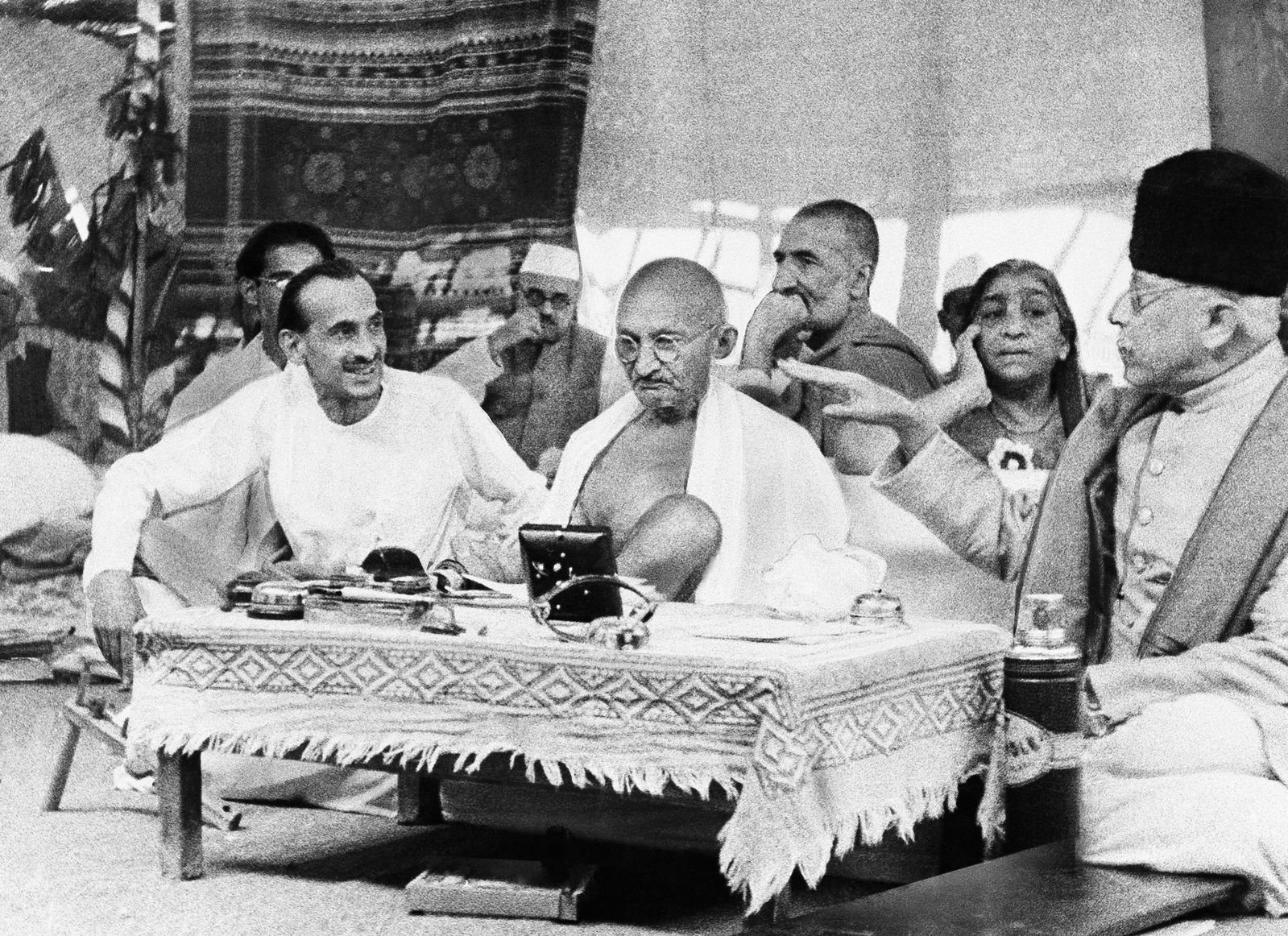The Indo-Pak Wars: The Indo-Pakistani wars fought between India and Pakistan since the partition of India in 1947 have been very important events in the history of both countries and the South Asian region. These conflicts, especially the wars of 1947, 1965 and 1971, have shaped not only the political landscape but also the socio-cultural dynamics of the subcontinent. In this article, we will explore the significance of the Indo-Pakistani wars, their impact on international relations and how they influenced the development of both countries.
First Indo-Pakistani War (1947-1948): The Birth of a Conflict

The first war between India and Pakistan took place soon after independence from British colonial rule. The conflict began over the state of Jammu and Kashmir, which had a mixed population of Muslims and Hindus. When the Maharaja of Kashmir decided to accede to India, Pakistan opposed this decision, which led to a military conflict.
The war, which lasted from October 1947 to January 1949, was the first major conflict between the two countries. Although the war ended with a UN-brokered ceasefire, it left deep animosity and territorial disputes that continue to this day, particularly over Kashmir. The war also set the tone for future Indo-Pakistani relations and solidified the perception of an unresolved territorial dispute between the two countries.
Second Indo-Pakistani War (1965): Escalation of Tensions
The second war took place in 1965, largely over the issue of Kashmir. By this time, both India and Pakistan had developed military capabilities and were engaged in a series of skirmishes over the region. The conflict involved large-scale fighting, but neither side was able to achieve a decisive victory.
The 1965 war was significant because it was the first major conventional military conflict between the two countries since independence. It also highlighted the challenges to regional security and the role of international powers in the region. Despite the stalemate of the war, it led to the Tashkent Accords, mediated by the Soviet Union, which aimed to restore peace and reiterate the need for dialogue.
Third Indo-Pakistani War (1971): Creation of Bangladesh
The Third Indo-Pakistani War, fought in December 1971, is perhaps the most significant in the history of the two nations. The war was not only about territorial disputes but was also deeply influenced by the political and humanitarian crisis in East Pakistan (now Bangladesh). The conflict began when India intervened in support of East Pakistan’s independence movement, which was being suppressed by Pakistan.
The war resulted in the creation of Bangladesh as an independent nation, a significant event in the history of South Asia. India’s victory in the war further consolidated its military dominance in the region, while Pakistan suffered significant political and military setbacks. The events that followed the 1971 war dramatically changed the geopolitical dynamics of the region and altered the balance of power between India and Pakistan.
Impact on India-Pakistan relations
The India-Pakistan wars have had a lasting impact on the bilateral relations between the two countries. The wars have fostered a culture of distrust, hostility and competition, with both countries investing heavily in building up their military capabilities. These conflicts have also produced multiple ceasefire agreements, peace talks and confidence-building measures, but the underlying tensions remain unresolved.
The Kashmir dispute remains a major point of contention, and both countries maintain military presences on their borders. Although there have been periods of relative peace, memories of the wars, particularly the 1965 and 1971 conflicts, continue to influence public perceptions and policies in both countries.
Global impact of the India-Pakistan wars

The India-Pakistan wars also had global impacts. The context of the Cold War, in which India was allied with the Soviet Union and Pakistan, supported by the United States, added a layer of complexity to the conflicts. The wars not only affected South Asia but also had a wider impact on global diplomacy and security.
For example, the 1971 war attracted international attention, as the world’s superpowers and regional powers such as China and the Soviet Union took sides. The war intensified the Cold War rivalry between the United States and the Soviet Union, which influenced the international community’s stance on security issues in South Asia.
The Lasting Legacy of the Indo-Pak Wars
The Indo-Pak Wars, particularly those fought in 1947, 1965, and 1971, have had a profound impact on the political, military, and cultural landscapes of both India and Pakistan. These conflicts have not only shaped the history of the subcontinent but have also contributed to the ongoing geopolitical dynamics of South Asia. The wars have highlighted the importance of diplomacy, international alliances, and the need for conflict resolution mechanisms to address regional disputes.
The legacy of the Indo-Pak wars is still felt today, as both countries continue to navigate the complex terrain of regional disputes, military confrontations, and diplomatic relations. Understanding the significance of these wars is crucial for policymakers and leaders seeking to maintain peace and stability in the region and beyond.
Read Also: The Story of the Kargil War 1999
![]()






One thought on “The Indo-Pak Wars”